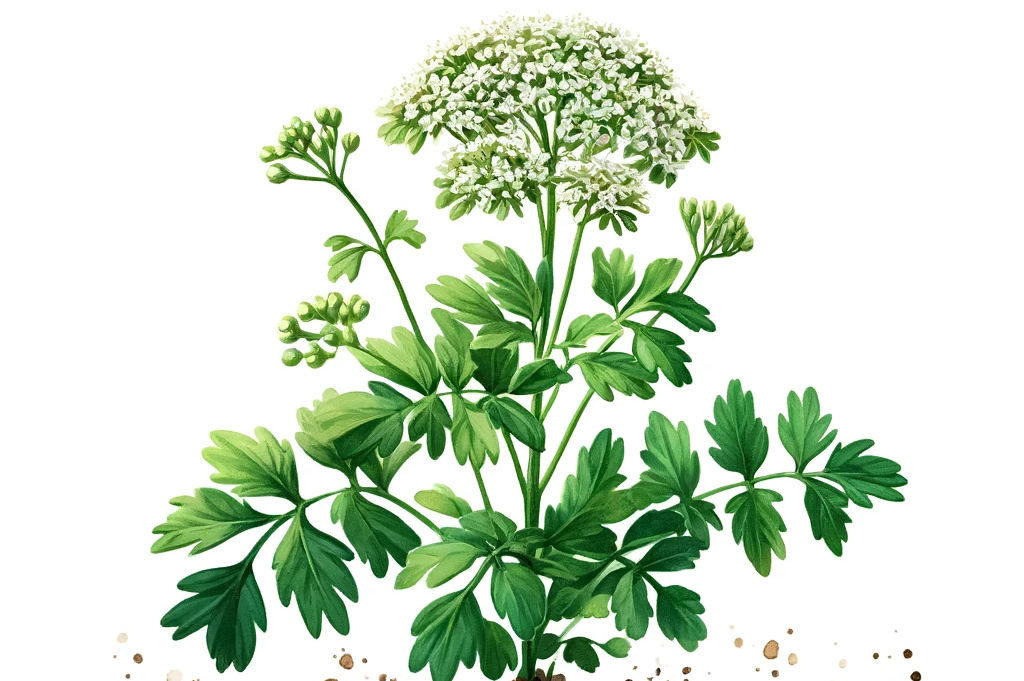St. John's wort

St. John's wort is a plant known for its medicinal properties and is often used to treat depression, anxiety and sleep disorders in humans. In recent years, the use of St. John's wort has also expanded into the field of veterinary medicine, particularly for the treatment of dogs. In this article, we will take a closer look at the advantages and disadvantages of using St. John's wort for dogs.
What is St. John's wort?
St. John's wort, also known as Hypericum perforatum, is a flowering plant that is native to Europe, Asia and North America. The plant has been used for centuries in folk medicine to treat various illnesses. Nowadays, St. John's wort is available in various forms such as tablets, capsules or oils.
Benefits of St. John's wort for dogs
St. John's wort has anti-inflammatory and calming properties and is often used as a natural remedy to relieve stress and anxiety in dogs. Some studies have shown that St. John's wort can also be effective in treating mild to moderate depression in dogs.
In addition, St. John's wort can also be used to relieve pain. The plant has been found to be helpful in treating pain due to arthritis, bone fractures and back injuries. St. John's wort can also be used for gastrointestinal complaints and skin problems.
Disadvantages of St. John's wort for dogs
However, St. John's wort also has its disadvantages. An overdose can lead to serious side effects in dogs, such as diarrhea, vomiting, dizziness and lethargy. In addition, St. John's wort can interfere with the effects of other medications, including those used to treat epilepsy, pain or infections. It is therefore important to use St. John's Wort only under the guidance of a veterinarian and to ensure that it can be safely combined with other medications.
St. John's Wort can be a useful addition to veterinary medicine and has various benefits for dogs, particularly in the treatment of stress, anxiety and pain. However, it is important to consider the possible side effects and interactions with other medications.
Properties 12
Are you looking for other ingredients with a specific property?
Just click on them to find more.
If you notice any signs of hypersensitivity or poisoning in your dog, you should see your vet immediately. We are not a substitute for a vet, but we try to be as accurate as possible. Every dog reacts differently and we recommend you get a second opinion or consult your vet if in doubt.
Stay healthy and take good care of your four-legged friend!😊
Similar to St. John's wort
Valerian is a perennial shrub that can grow up to two meters high. It has white or pink flowers and long roots that give off the typical smell of the plant. The roots contain various substances that...
Lavender is a plant genus that belongs to the labiate family. There are around 30 different types of lavender, which differ in appearance, fragrance and ingredients. The best-known species is true...
Lemon balm is a perennial plant that can grow up to one meter high. It has green, toothed leaves and small white or pink flowers. The plant originates from the Mediterranean region and now grows in...
What is passionflower? Passionflower (Passiflora) is a genus of around 500 different species of climbing plants that are mainly found in South and Central America, but also in Asia and Australia. The...



